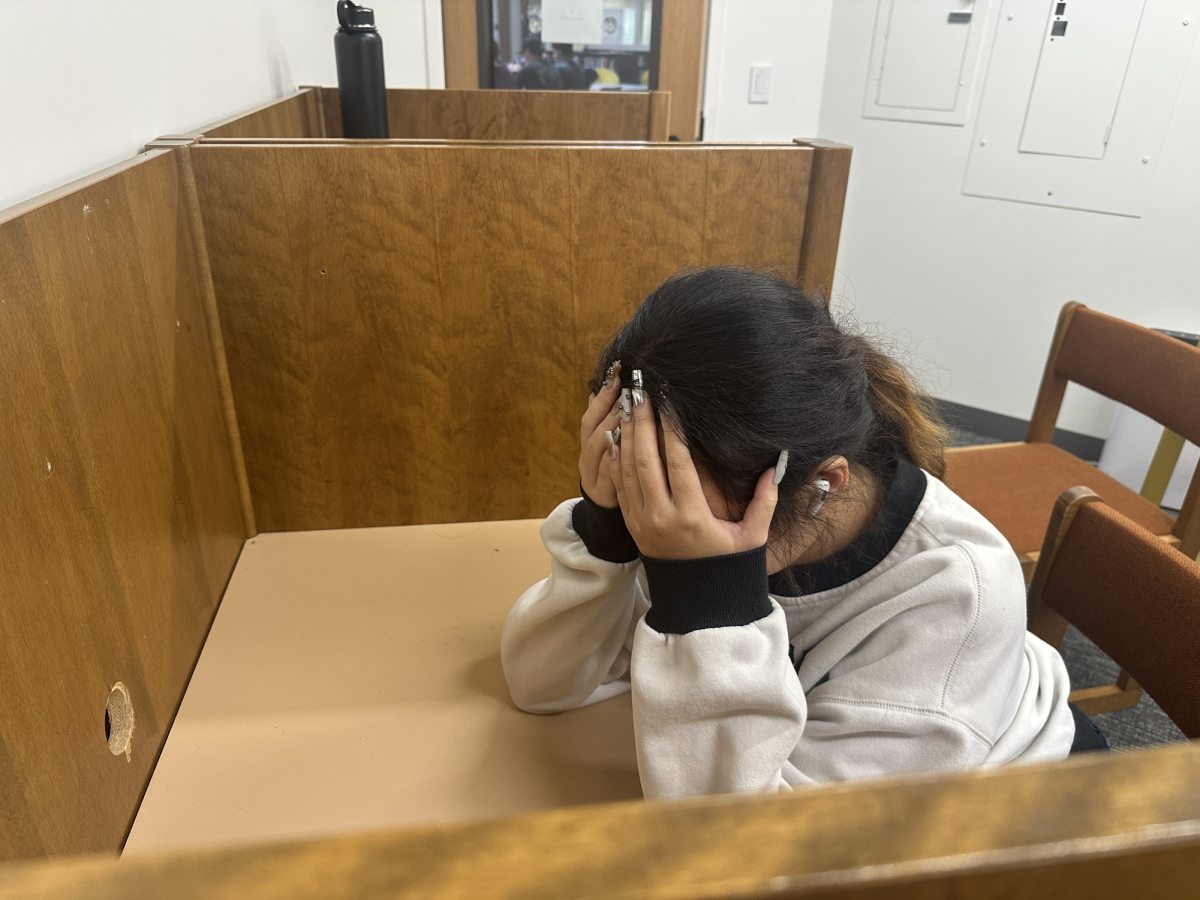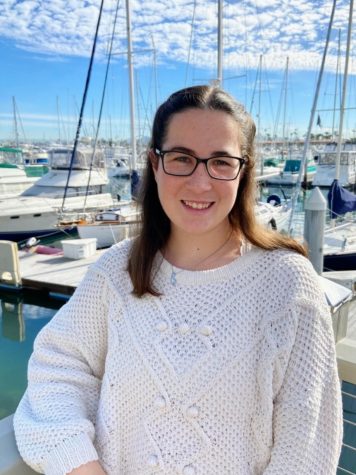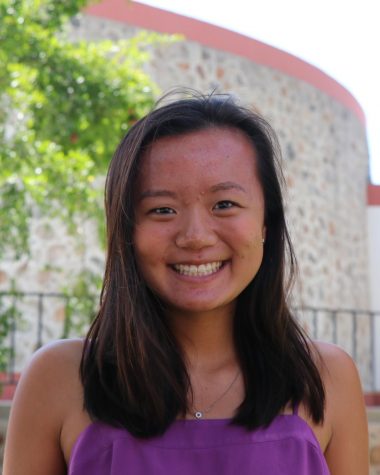Introduction:
“Climate change is the single biggest thing that humans have ever done on this planet. The only thing that needs to be bigger is our movement to stop it.” – Bill McKibben, American environmentalist, author, and journalist
This past Friday, September 20th, 2019, students and activists from over 150 countries went on strike from school to raise awareness for the climate crisis. Back in August of 2018, Swedish climate activist Greta Thunberg left school to protest for legislation; she has since catalyzed a youth movement to protect our planet.
Students around the world are demanding that governments take action to help protect and sustain the planet. Students are angry that the adults around them are not helping to make sure they have a future. This strike was the largest demonstration of students and protesters calling for transformative change against the climate crisis.
Webb students and teachers found a feasible way to participate in raising awareness for the global climate crisis. While it was not possible for students to strike and miss class, the Environmental Club led activities that encouraged people to participate throughout the day.
During free blocks, students walked around campus with a purpose: picking up trash and holding posters they made from recycled materials. At lunch, the Environmental Club hosted an open-mic in Fawcett Library for students to share what environmentalism means to them.
Laura Haushalter:
As a student in Honors Global Societies and Sustainability, I sat in Michelle Gerken’s teach-in for an American Idea class during C Block.
In my class, Mrs. Gerken led students through a series of questions about climate change such as “Why is the number 350 signifigant?” and “What are carbon sinks?” We watched Greta Thunberg’s address to the UN and debriefed the significance of Global Climate Strike day. Lastly, we talked about the urgency of Americans taking action to reduce the amount of CO2 they produce.
Instead of striking, Mrs. Gerken felt she could help her students more by taking time to talk with them about pressing environmental issues.
She said, “I thought deeply about what would have the most impact and how I would communicate what I value and my priorities. By being with my students [instead of striking], I would serve my ends better. Talking with my students and having them pose questions and being able to have an energetic and intellectual discussion about what is going on is what is my purpose right now. Sometimes it is on the streets, but today it was here in this classroom.”
That afternoon, approximately 40 Webb students joined the wave of global youth climate strikes. They took to the streets and waved colorful posters to raise awareness about planet Earth.
Sydney Wuu:
As one of these 40, here is my experience advocating for an unforgettable cause.
It is a sunny Friday after last class, and I am faced with a dilemma: should I start homework early or join the climate strike? At 2:25 p.m., with a poster in hand, I sprint from my dorm room to the loop and board a bus bound for Rancho Cucamonga’s Central Park. After disembarking, I take out my recycled “There is no plan(et) B” poster and merge into a line of passionate protestors marching to the intersection of Baseline and Milliken. It is not long before we encounter our first honk.
HONK. HONK. HONK. At first, I do not understand why cars and trunks are honking at us. Are they honking at us to move out of the way? Or are they honking in support of us? After one lady rolls down the window of her Toyota Prius to give us a huge thumbs up, I realize that the passing vehicles are honking their horns to encourage us to press onwards. I notice some people carrying signs stating, “Honk for change!” and cheer even louder every time a car beeps in validation.
While standing at the intersection, one woman hands us her megaphone to record our voices. “Do you have something you want to project out to the group?” Three VWS students yell, “Protect our planet!” As she plays the phrase on repeat, these three words evolve into a chant. Every voice amplifies the crowd’s deafening roar.
That night, as I scroll through social media, I notice activism filters decorating my friends’ Snapchat stories. These stickers document our experiences at the climate change protest, showing how social media has the power to augment our actions and voices.
Voices of the Community:
Environmental Club co-presidents Emma Lin (‘20) and Jenna Hawkes (‘21) initiated conversations with Dr. Theresa Smith, Assistant Head of Schools, along with the heads of the afternoon activities they knew would be conducive to the organization of the off-campus strike.
Jenna said, “We are continuing the initiative Greta Thunberg started, which is how on Friday she strikes and leaves class to go protest at city hall, so [today] students from all over the world are leaving their schools to go and join her. The idea behind it is if the government won’t listen to educated people, then why be educated at all? The climate crisis is an imminent concern and we want to bring attention to it.”
Mrs. Gerken, Environmental Club advisor, said, “I think the turnout was excellent because Emma and Jenna did a really good job doing a lot of the groundwork to get prepared for the event… We were a good portion of the group at Rancho. Hopefully students learned a lot about what activism looks like and what local activism looks like.”
Students of all grade levels joined the strike for a myriad of reasons: to protect the planet, to stand up for a personal belief, and to take initiative in their local community.
Participant Hunter Lange (‘22) said, “I wanted to go [to the strike] because I feel a strong connection with the environment. I’m a diver, so I see the damage done to our oceans and I want to do what I can to raise awareness to the dangers they face.”
Participant Anjali Desai (‘21) said, “I think it’s really important for younger generations to help out with issues in our world because in the end we are the generation that is going to have to make a change. It was really good to see people from school participating in this event.”
Final Thoughts:
We can certainly do our part to make the world a better place. With the affirming honks blazed into our memories, we look towards the future and plan to join more protests to fight for what we believe in. For now, you can follow @webbsustainability to show your online support and stay tuned for more events the Environmental Club is hosting.
Change starts with recognizing that we all have the power to make an impact. It starts with passion. It starts with commitment. It starts with hope. We encourage you all to join an initiative to become part of something greater than yourself. Whether it be the fight against global climate change or gender inequality, you can help bring a global issue to a local level. After all, it is the collective efforts of local communities worldwide that make global youth empowerment possible.


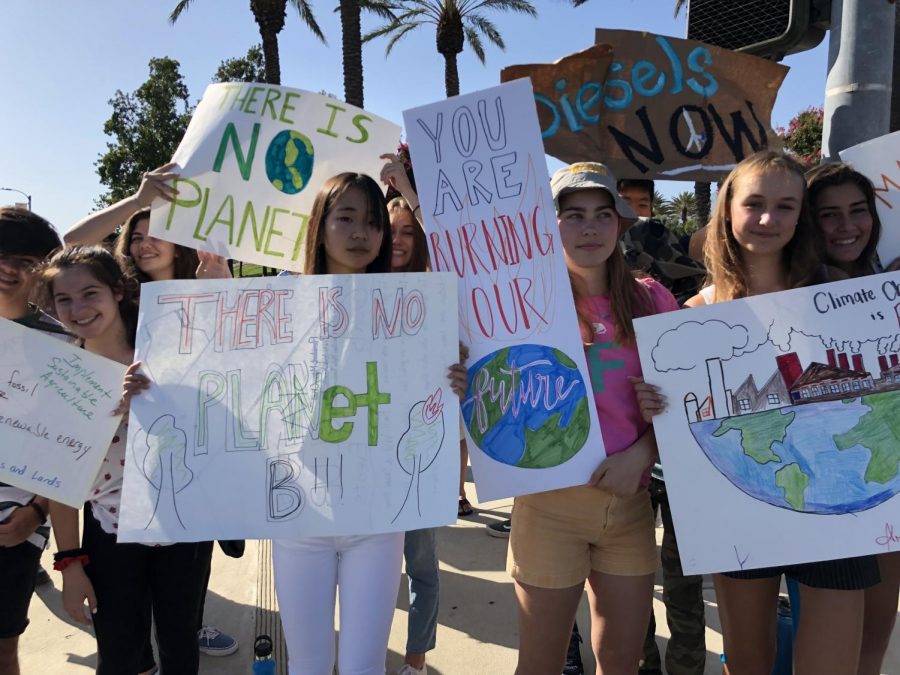
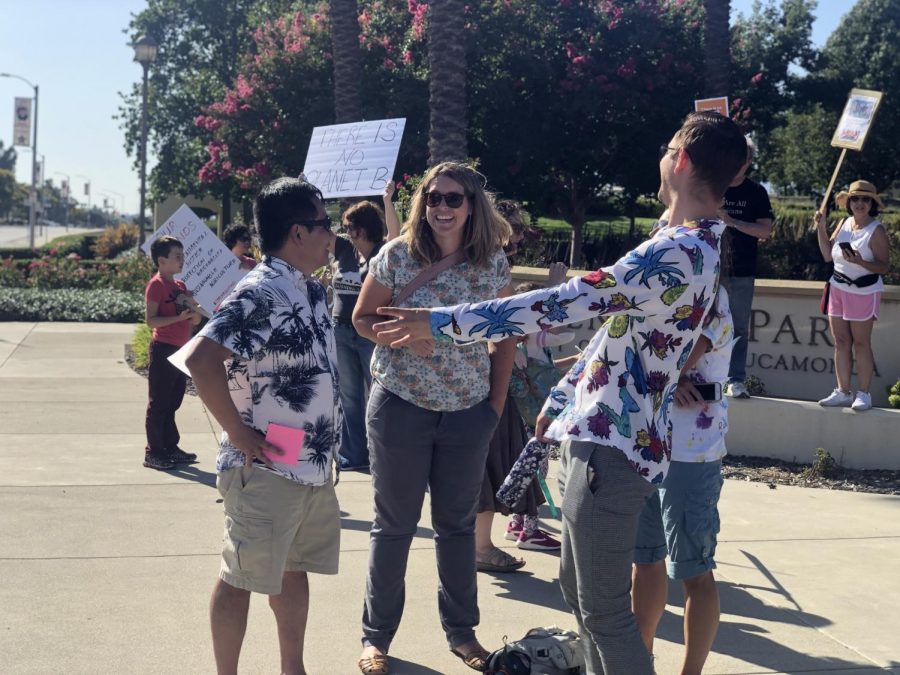




![Many Webb students spend their free time in the library watching a popular TV show like Riverdale and Euphoria. “Based off what I’ve seen, like in Euphoria, because the actors are older, they don't showcase an actual high school life properly,” Sochika Ndibe (‘26) said. “Since [the actors] are older [and] playing a teenager, from a girl’s perspective, it is going to make you think you should look more developed at a young age.” The actor, who plays Veronica Lodge, was 22 years old at the time of filming.](https://webbcanyonchronicle.com/wp-content/uploads/2025/03/Antecol-Media-affects-how-society-functions-graphic-1200x900.png)






